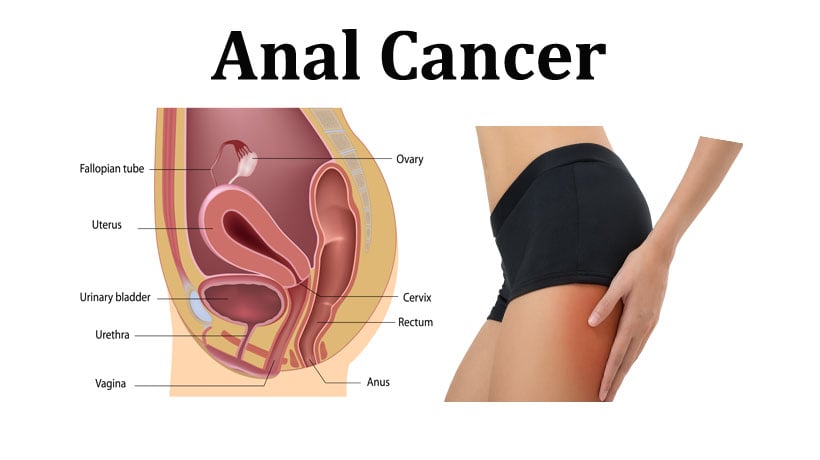Not to be confused with colon and rectal cancers, anal cancer is a rare cancer that is on the rise. And unlike other colorectal cancers, cancer of the anus appears to be almost twice as likely with women than with men in the US, according to 2018 statistics from the American Cancer Society (ACS).
The National Cancer Institute (NCI), an institute which is part of the US government’s National Institutes of Health, says most anal cancers start from the body’s cells in the inner lining of the anal canal; if the cancerous tumors appear on the outer skin or higher in the intestine, they’re classified as other types of cancers.
While we may be shy talking about anal pain, identifying the symptoms of anal cancer can help with a speedy diagnosis. If you have any of these warning signs, talk to your doctor.
Symptoms
Constipation or fluctuation in digestion can be common. However, some abnormal, uncomfortable, or painful experiences may indicate anal cancer. According to the NCI, these can include:
- Bleeding from the anus or rectum
- Pain or pressure in the area around the anus
- Itching or mucus-like discharge from the anus
- A lump near the anus
- A serious change in bowel habits
Women may have even more symptoms, according to the nonprofit Cancer Association of South Africa (CANSA). CANSA says women may experience lower back pain as the tumor presses on the vagina as well as vaginal dryness and a constant need to go to the bathroom.
Risk factors
The HPV and Anal Cancer Foundation, a nonprofit based in the US and the UK, says 93% of anal cancer is caused by the human papillomavirus (HPV). This foundation says nearly all adults will have HPV at some point in their lifetime, but it will either go away on its own or stay dormant in the body. The Centers for Disease Control and Prevention says HPV commonly manifests as warts like genital warts, but can also (in rare cases) cause cancer.
According to the NCI, other risk factors include a history of many several partners, a history of anal intercourse, smoking cigarettes, and age. Anal cancer is extremely rare in anyone under 35, says the ACS, and the average of patients with anal cancer is around 60 years old.
Any good news?
As mentioned earlier, anal cancer is still relatively rare. According to the ACS, treatment for anal cancer is often effective. But reported cases for this kind of cancer are increasing, so awareness of the symptoms is key to preventing it from developing.
Sources:
https://www.cancer.org/cancer/anal-cancer/about/what-is-key-statistics.html
https://www.cancer.gov/types/anal/patient/anal-treatment-pdq
https://www.cancer.org/cancer/anal-cancer/about/what-is-anal-cancer.html
https://www.cansa.org.za/files/2017/04/Fact-Sheet-Anal-Cancer-NCR-2012-web-April-2012.pdf
https://www.analcancerfoundation.org/wp-content/uploads/2015/04/Anal-Cancer_15_folder-9_print_US.pdf
https://www.cdc.gov/hpv/parents/whatishpv.html
https://www.cancer.org/cancer/anal-cancer/detection-diagnosis-staging/survival-rates.html
This article is for informative purposes only. Please reach out to a medical professional if you have any symptoms.



